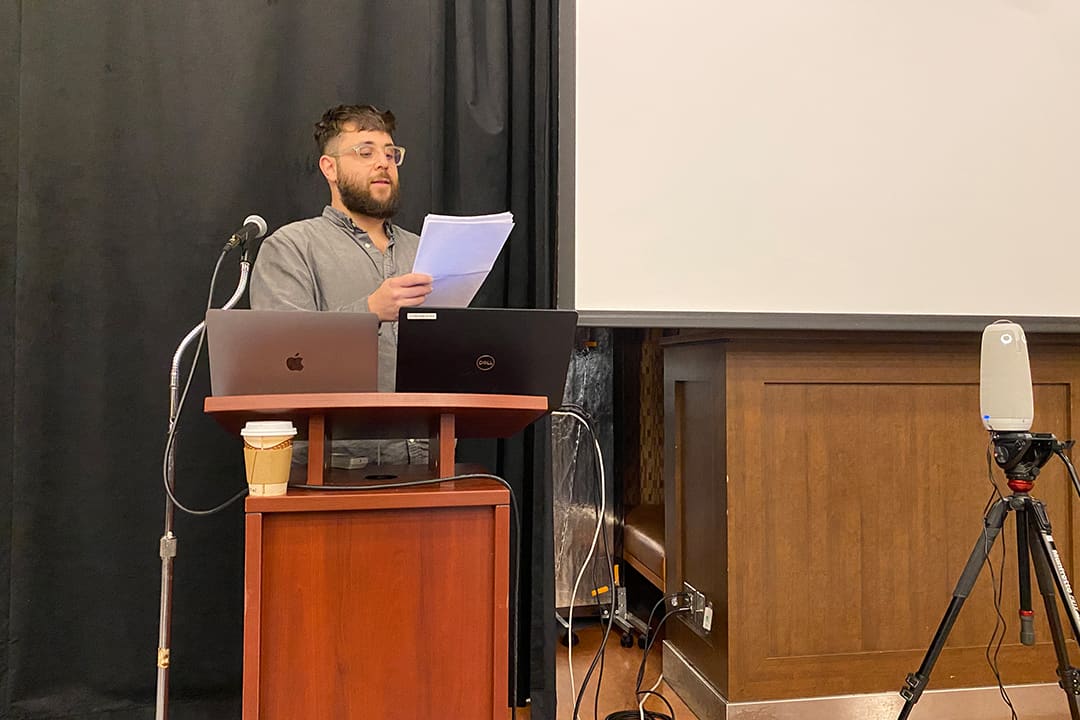On November 22, the faculty organization UTSC Faculty for Palestine held a teach-in about speech on Palestine and Palestinian experiences. The event included a panel of three speakers: Esmat Elhalaby, an assistant professor of transnational history in the department of historical and cultural studies at UTSC; Faisal Bhabha, a lawyer and an associate law professor at Osgoode Hall Law School at York University; and Dania Majid, co-founder of both the Arab Canadian Lawyers Association and the Toronto Palestine Film Festival.
Speakers discussed the experiences of students and teachers in Gaza since October 7, instances of universities silencing pro-Palestinian speech, and the marginalization experienced by many Canadian Muslim people. The speakers asked individuals not to record the event.
Mark Hunter, a professor of geography at UTSC, told The Varsity that the teach-in was meant as a space for students to learn about a specific topic related to current political affairs. It began as a joint effort between about a dozen faculty members as a reaction to the current violence unfolding in Gaza. “We wanted to put something on and to center Palestine because of the…ongoing genocide that’s taking place in [Gaza],” Hunter said.
They hoped to mirror similar teach-in events on Palestine taking place at UTSG, given that none had yet taken place at UTSC since the start of recent violence in Gaza and Israel.
Elhalaby told The Varsity that he hoped to provide information that would mitigate the “misinformation and outright lies” that he said was circulating about the conflict.
Hunain Sindhu, a speaker and fifth-year student and president of the UTSC Muslim Students’ Association also discussed the importance of education in an interview with The Varsity. “Support for [the attacks in Gaza] is all because of people not being educated enough,” he said.
Bhabha highlighted the importance of events like this to combat a “one-sided” narrative he sees being perpetuated by universities, particularly through “vague” statements made by administrators. He believes that teach-ins like this one contribute to a positive public discourse and create an inclusive space in the university. “I just wanted to contribute to growing that space, and I think we achieved that today,” he said.



No comments to display.